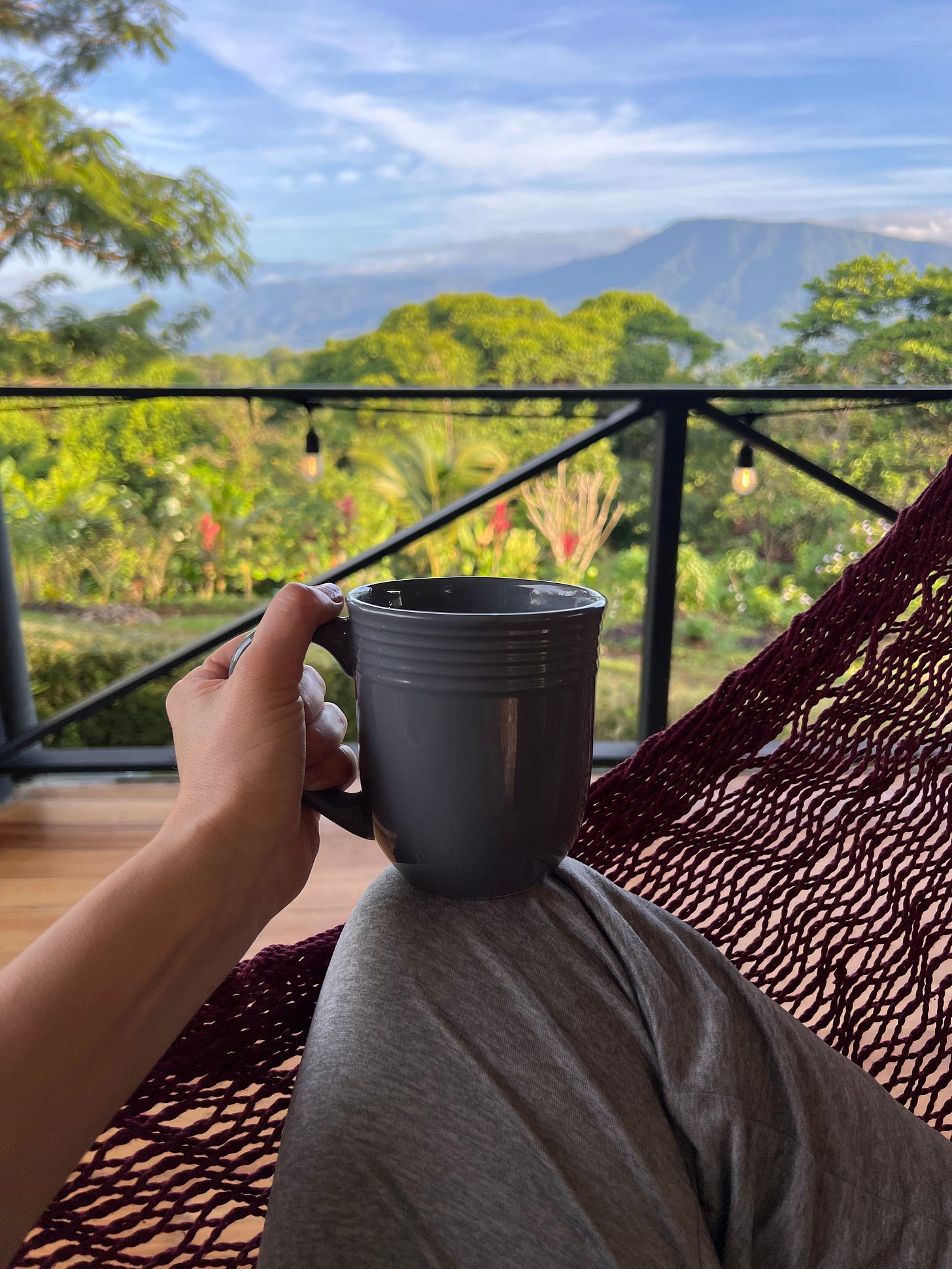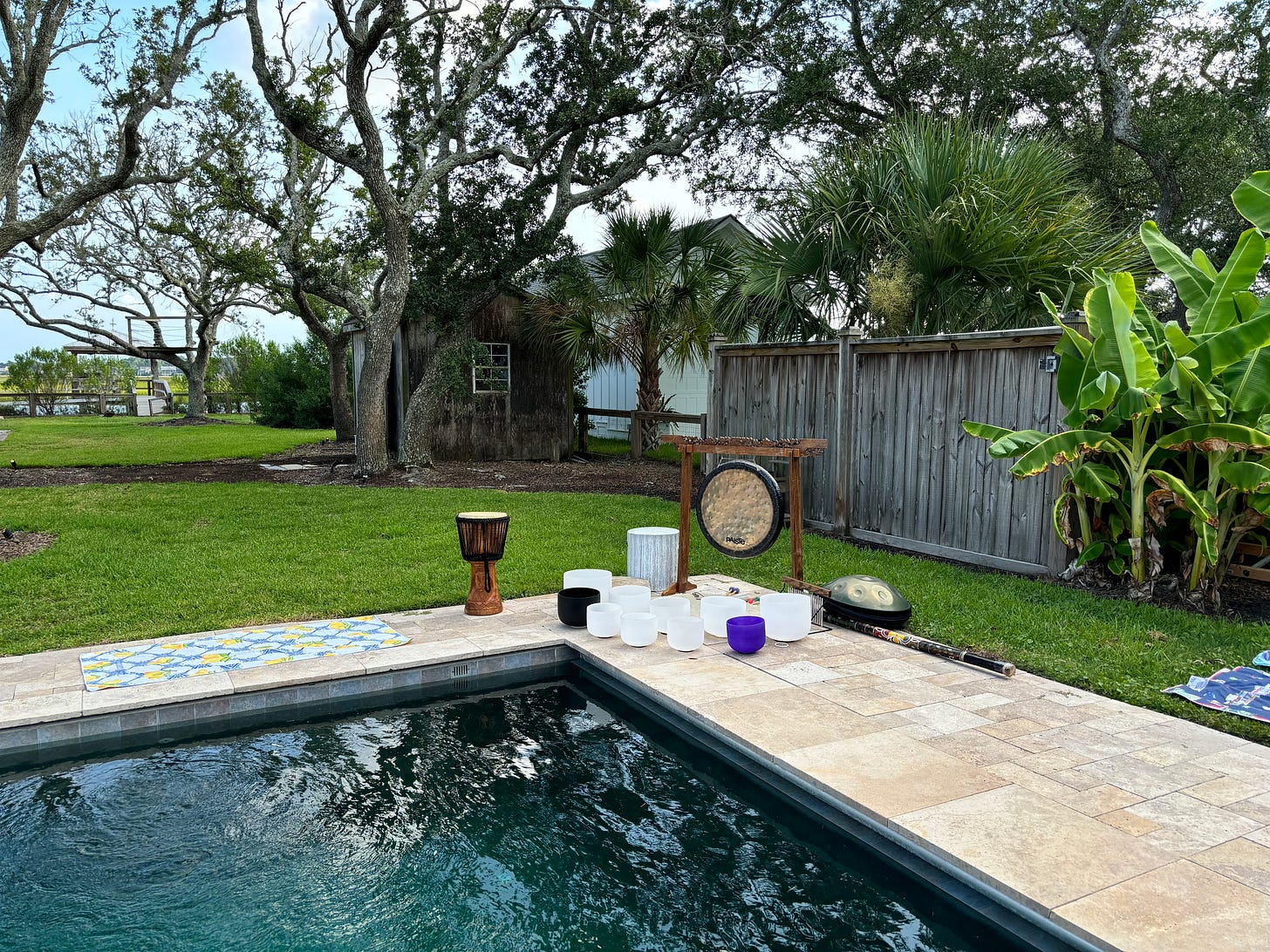Daylight saving time hit us on March 9th, bringing longer days, but also that dreaded hour of lost sleep. This shift can throw off your body's natural rhythms, leaving you feeling sluggish and out of sync. Instead of powering through, consider this a cosmic nudge: your body needs extra care. Remember, sometimes slowing down is the real key to success.
As the days stretch longer, the temptation to pack them full of activity grows stronger. But there's one crucial element that often gets sacrificed: rest. The daylight saving time transition is the perfect reminder to rethink our relationship with recovery and how it fuels our progress.
Why Rest Fuels Progress
Rest isn’t the enemy of progress. It’s essential for:
Physical Recovery: Muscles, joints, and tissues repair and grow stronger during recovery.
Mental Clarity: Without enough rest, your focus and decision-making take a hit.
Emotional Balance: Recovery helps you avoid burnout and regain emotional stability.
Sustained Performance: You’ll perform better over time when you recover well.
Shayna Levy, Yoga Director at Ethos Athletic Club, puts it best:
"Shifting our mindset so that we see rest as a strategy for success is one of the most crucial things you can do if you want to be able to show up better in your life."
Our culture often glorifies the hustle, pushing us toward the next goal before we’ve even celebrated the last one. Levy reminds us to pause and acknowledge our progress.
"Take a moment to reflect on everything that has led you to where you are right now. You had to reach multiple goals to get here, but did you ever take the time to celebrate those?"
The truth is, rest isn’t a luxury—it’s a necessity. And the best part? It doesn’t cost anything.
Embracing Rest This Spring (and Beyond)
Making recovery a non-negotiable part of your routine doesn’t have to be complicated. Small, intentional changes can make a big difference. Here’s how:
Prioritize Sleep: Aim for 7-9 hours of quality rest each night. It’s not a luxury—it’s a necessity. (Especially after losing an hour!)
Schedule Recovery Days: Treat rest like any other important commitment. Block out downtime in your calendar and honor it.
Practice Active Recovery: Low-impact movement like yoga, walking, or swimming keeps you active without overtraining.
Nourish Your Body: Fuel your recovery with protein, healthy fats, and whole grains—your body needs the right building blocks to repair and rebuild.
Quiet Your Mind: Meditation, journaling, or simply spending time in nature can help reduce mental clutter and promote relaxation.
Shayna reminds us that rest doesn’t have to mean an entire day on the couch or a week-long vacation. Sometimes, it’s simply learning how to slow down your mind.
"I once heard someone say, ‘Try to meditate for 15 minutes; and if you don't have 15 minutes, then take an hour.’"
For Shayna, focusing on her breath is the easiest way to reset.
Try this: Inhale deeply through your nose, pause, take in another sip of breath, then exhale slowly through your mouth. With each round, add in that extra sip of air and notice how your body responds.
Rest can truly be as simple as practicing a mindful breathing technique or stepping outside for a few minutes without your phone.
The Pressure to Do More
Our culture glorifies the "hustle," making us believe that constant action is the only path to success. But if you've ever pushed yourself too hard without rest, you know the truth: progress without recovery is unsustainable. Burnout, injury, and exhaustion don’t just slow you down—they stop you in your tracks.
Shayna highlights how Ayurveda, the sister science of yoga, teaches us to live in sync with the seasons. "When it gets dark early, that's your signal to spend more time at home and go inward, preserving energy to get through the winter. When the days grow longer and the weather warms up, get outside, and start that new hobby or project you’ve been wanting to try!"
By aligning our routines with nature’s rhythms, we can use seasonal shifts as a guide—knowing when to push forward and when to slow down.
As we "spring forward," many of us will feel the effects of the time shift—disrupted sleep, mental fog, and a general sense of being off. It’s a powerful reminder that even with the energy of longer days and warmer weather, rest is just as vital to success as action.
Rest is Part of the Process
This daylight savings, let’s shift our perspective. Rest isn’t a setback—it’s a strategy for long-term success. As we embrace the longer days, don’t forget to embrace the power of rest. You’re allowed to slow down to come back stronger.
Written by Liz Hund.
👉 If this post resonated with you, share it with a friend who’s also on the path of becoming. And don’t forget to tap the ❤️ button so more people can discover Human BeComing on Substack.





